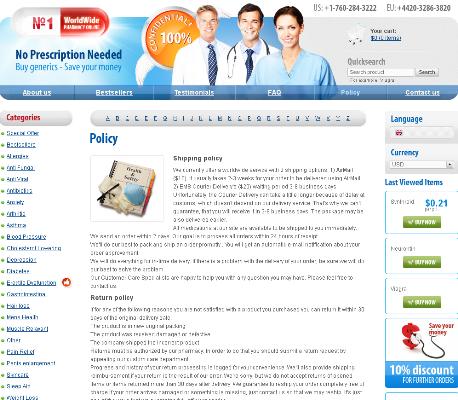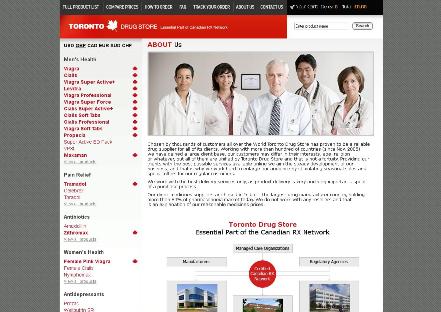Antabuse Is Not a Magic Cure for Alcoholism
For many facing alcohol addiction, hope often latches onto the promise of an easy solution. Stories swirl around quick fixes, but genuine recovery rarely follows a straight path. The truth is, addressing alcohol dependence is a layered process that calls for more than simply taking a pill.
While medication can support sobriety, it’s not a replacement for personal commitment or a meaningful support network. The journey toward lasting change usually involves multiple steps, such as therapy and lifestyle shifts.
People are often surprised to learn that successful recovery draws from both medical and psychological resources. Integrating these elements builds a stronger foundation.
| Essential Elements of Recovery | Role in Treatment |
|---|---|
| Medication | Supports behavior change |
| Therapy | Addresses underlying causes |
| Support Networks | Promotes accountability |
How Antabuse Actually Works in the Body

When someone takes antabuse, their body’s natural ability to break down alcohol changes dramatically. Instead of processing alcohol normally, the medication blocks a crucial enzyme, causing a buildup of acetaldehyde—a toxic byproduct. This quickly leads to unpleasant symptoms like flushing, nausea, and rapid heartbeat.
This deliberate reaction is what deters people from drinking while on antabuse. Even a small amount of alcohol can trigger these effects, reinforcing the association between drinking and discomfort.
Ultimately, antabuse acts as a powerful reminder, reshaping behavior through a physical response.
Common Side Effects Versus Dangerous Myths
When people begin treatment with Antabuse, they often worry about intense side effects due to alarming stories they have heard. In reality, most users experience mild and manageable symptoms like drowsiness, metallic taste, skin rash, or mild headache. These side effects usually fade as the body adjusts, especially when taken as prescribed under a doctor's supervision.
Unfortunately, misconceptions persist that Antabuse inevitably causes severe or life-threatening reactions even without alcohol intake. This is simply not true. Dangerous reactions, such as rapid heartbeat or difficulty breathing, occur almost exclusively when Antabuse is combined with alcohol. For those using Antabuse correctly, risk remains low and side effects are typically temporary.
Antabuse and the Role of Personal Motivation

A common misconception is that simply starting antabuse is enough to stop drinking, but success often relies on a deeper commitment. While antabuse creates a strong deterrent by causing unpleasant reactions with alcohol, it does not eliminate cravings or address the underlying emotional reasons for drinking. This is why personal motivation and willingness to pursue a sober lifestyle are so crucial for long-term recovery.
Many people benefit from combining antabuse with supportive counseling or therapy, building resilience and a sense of purpose beyond medication alone. When someone truly wants to change, antabuse can serve as a valuable tool—acting as a safety net while individuals build healthier habits. Ultimately, sustained recovery is most likely when the medication is paired with genuine resolve, practical support, and positive lifestyle changes.
Can You Drink Alcohol Safely on Antabuse?
Consuming alcohol while taking Antabuse isn’t just risky—it can trigger severe and sometimes dangerous reactions. Even a small amount of alcohol, whether it’s hidden in sauces or cough medicines, causes symptoms like intense nausea, vomiting, headache, and rapid heartbeat. This strong, unpleasant response is how Antabuse deters drinking, making it critically important to avoid all alcoholic beverages and alcohol-containing products.
For many, the idea of “testing” Antabuse by drinking seems tempting, but the consequences are far from mild. The medication’s effects start quickly and can last for hours, serving as a powerful reminder that sobriety and safety must go hand in hand.
| Possible Reactions | Severity |
|---|---|
| Nausea & Vomiting | High |
| Flushing & Headache | Moderate |
| Chest Pain, Rapid Heartbeat | Severe |
Separating Fact from Fiction in Antabuse Use
For many, Antabuse remains surrounded by both hope and misunderstanding. Urban legends and anecdotal stories circulate widely—some claim it’s a foolproof solution, while others warn of extreme dangers not grounded in medical fact. The truth lies somewhere in between, and understanding this balance is essential for individuals who are considering this medication as part of their recovery journey.
Science clearly shows that Antabuse does not cure alcoholism or remove cravings; rather, it acts as a deterrent by causing unpleasant physical reactions if alcohol is consumed. While serious side effects are rare, being aware of the actual risks and how to use the medication safely is more valuable than giving in to fear or misplaced confidence.
By learning from credible sources—healthcare providers, clinical research, and trusted medical organizations—people can make informed decisions. Evidence-based information empowers patients and their loved ones to separate myths from reality and pursue a more effective, compassionate approach to recovery.

